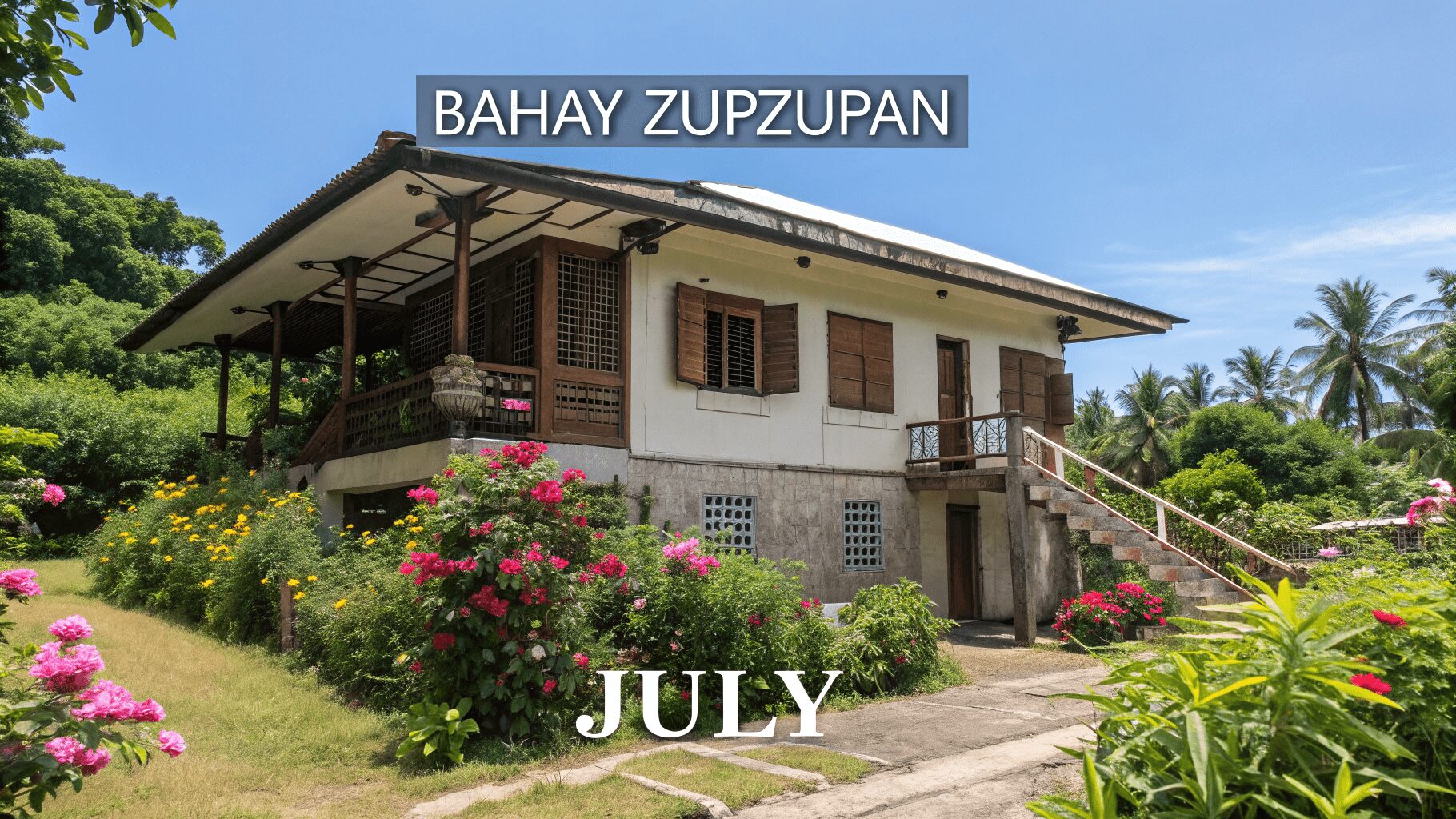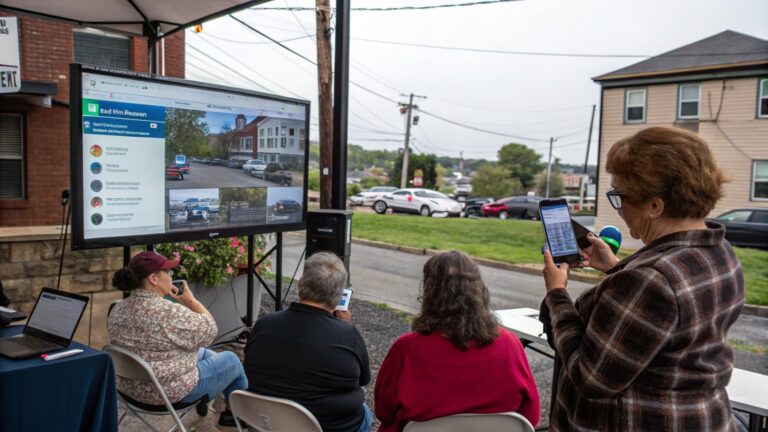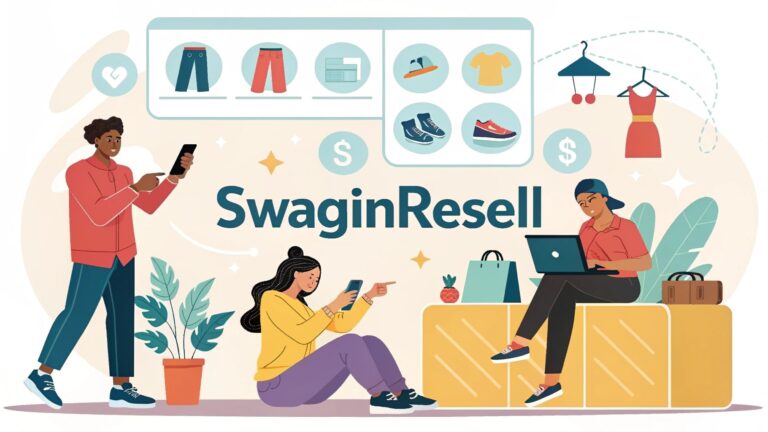Discover the Story Behind Bahay Zupzupan July
The keyword “bahay zupzupan july” may seem odd at first glance, but it’s starting to generate curiosity online. With no clear source or meaning, it appears to be a new term emerging in digital spaces, possibly related to Filipino culture, Facebook posts, or viral content. While major websites haven’t covered it yet, that only makes it more intriguing. This article explores possible meanings, its social potential, and how you might tap into the idea of “Bahay Zupzupan” this July—whether you’re a content creator, a brand, or just someone following a digital trail.
What Is Bahay Zupzupan and Why Is It Trending?
“Bahay” is the Filipino word for house, and “July” likely points to a recent timeline or event, but “Zupzupan” stands out. It doesn’t appear in traditional Filipino language dictionaries, which suggests it could be a nickname, a stylized brand name, or a playful invention circulating online. While its exact origin is unclear, the structure hints at a quirky phrase that caught on through casual use. It’s possible that someone coined it on Facebook, in a vlog, or as part of a meme—and now it’s starting to pick up digital traction.
Since there are no official entries or media coverage, we can only speculate based on behavior seen with other viral terms. Sometimes words trend simply because they’re catchy, visually unique, or tied to a funny or unusual online moment. “Bahay Zupzupan” could very well be part of this trend cycle, and July might refer to when this phrase first gained attention. Whether it’s linked to real estate, art, or humor, the phrase carries a tone of intrigue that content-savvy individuals could leverage.
The Origins of the Word “Zupzupan”
Unlike “bahay” or “July,” the term “Zupzupan” is not part of Filipino or English vocabulary. It seems entirely invented or adapted for stylistic reasons. The repetition in its structure—“zup-zup-an”—makes it feel rhythmic or whimsical, which is common in internet culture. This could be the name of a fictional house, a user-generated fantasy place, or a digital product born out of fun or satire. Because there is no direct translation, it could also be a username or handle transformed into a larger identity.
Another possibility is that “Zupzupan” emerged from local Facebook groups where made-up names and houses are sometimes used to represent temporary rentals, joke listings, or even parody content. It’s also plausible that it is an inside joke in a certain community or a slang term among friends. Without a specific origin point, it becomes a blank canvas for storytelling and branding. In either case, the novelty of the word works in its favor—something mysterious is always worth exploring.
Why July Is Significant in This Context
July could be important for several reasons. In the Philippines, July often signals the start of the rainy season and mid-year transitions. It’s also a common month for community gatherings, fiestas, and local celebrations. If “bahay zupzupan” is somehow linked to a seasonal event, it might have gone live or gained popularity during this time. Social media content often clusters around seasonal triggers, making July a potential hotspot for discovery or virality.
Alternatively, July might simply be when the term first appeared or got attention online. Many Facebook group posts or YouTube uploads include the month for reference, especially when showcasing a house, property, or social experiment. So “bahay zupzupan july” could be the title or keyword associated with a recent post, reel, or trending moment. This timing places it fresh in digital memory, which could explain the increased search volume and curiosity from users like you.
Social Media Mentions and Online Buzz
Although no mainstream websites have covered “bahay zupzupan july,” scattered mentions suggest it’s circulating quietly on platforms like Facebook and YouTube. One example includes Facebook pages like “BZP Tour Jack,” which could hint at user-generated names or branded content involving fictional houses or fun adventures. These pages often rely on quirky titles to stand out and gain shares. Likewise, certain YouTube videos reference the word “Zupzupan,” though not directly related to a house—possibly in music or creative skits.
This aligns with how many memes or viral terms evolve. They start in closed groups or personal channels, and then slowly leak into broader interest. The lack of structure around this keyword is also what makes it ripe for creative adoption. You could develop your own interpretation—whether it’s a TikTok series about a fictional “bahay,” a comedy sketch, or even a DIY home vlog. As long as you ride the keyword’s mystery, you’re likely to spark engagement.
Potential Use Cases and Creative Directions
Since “bahay zupzupan july” has no official definition, it’s a great opportunity for content creators or marketers to take control of the narrative. Imagine a short web series where Bahay Zupzupan is a haunted or magical house, or a satirical Instagram account offering fake listings with bizarre amenities. The term is flexible and memorable enough to become anything you want it to be. Whether you’re creating fiction or humor, it lends itself to dynamic storytelling.
For brands or vloggers in the Philippines, this phrase could be spun into a seasonal campaign. A July-exclusive house tour, a summer DIY project, or even an art installation could use the term for visual interest. Because no one owns the meaning yet, you have freedom to mold it. Even writers and bloggers can explore the mystery behind the keyword, turning it into think pieces or speculative content that attracts curious readers.
Tips to Build Content Around the Phrase
If you’re looking to generate traffic or spark interest, “bahay zupzupan july” is a perfect entry point for niche SEO. Use the term in your title, tags, and early paragraph to rank early for the phrase. Since there’s no competition yet, your content could appear quickly in search results. Also, link it to highly searchable platforms like Facebook, TikTok, or YouTube—where visual formats give strange terms more staying power.
Keep the tone fun and exploratory. Don’t force a rigid structure on the phrase. Instead, treat it like a trend-in-the-making. Play with image captions, fictional backstories, or comedic interviews. For example, “A Tour of Bahay Zupzupan: The Home with No Corners” or “We Spent July Inside Bahay Zupzupan—and It Changed Us.” These angles give you click-worthy options without requiring factual backing. In the meme economy, creativity often wins over logic.
Possible Confusions and Clarifications
One risk with terms like “bahay zupzupan july” is their potential to confuse readers who expect concrete meaning. If your content feels too ambiguous or doesn’t provide a payoff, it could bounce traffic. That’s why it’s important to clarify early on that the phrase is interpretive, or meant to be imaginative. Explain the origins (or lack thereof) clearly so readers don’t feel misled.
It’s also important to spell the phrase consistently. “Zupzupan” could easily be mistyped, so keeping your branding or title unified across platforms matters. Avoid making the reader feel excluded by insider language. Bring them into the joke or story instead. If you play it right, you can establish your own “Zupzupan” universe while setting the tone for similar viral concepts in the future.
FAQs
What does “bahay zupzupan july” mean?
The phrase doesn’t have a confirmed meaning. “Bahay” means house in Filipino, “July” likely refers to the month it gained attention, and “zupzupan” appears to be a made-up or stylized term, possibly from social media.
Is “bahay zupzupan” a real place?
There’s no verified record of a real place called “bahay zupzupan.” It may be fictional, symbolic, or used in a creative or humorous context online.
Why is July important in the phrase?
July may indicate when the term first appeared or became popular on social media. It could also relate to events, trends, or seasonal content during that time.
Where was “bahay zupzupan” first mentioned?
Its origin is unclear, but it likely emerged from Facebook, YouTube, or a meme thread. Some content creators might have used it for a fictional house or joke listing.
Can I use “bahay zupzupan july” for my own content?
Yes. Since the term isn’t owned or defined, it’s a great opportunity for content creators to use it creatively in blogs, videos, or social media campaigns.
Is “zupzupan” a Filipino word?
No, “zupzupan” is not a known word in Filipino. It seems to be an invented term, possibly for humor or branding purposes.
Conclusion
“Bahay Zupzupan July” may not be a well-known term—yet. But its unusual form, intriguing tone, and flexibility give it real potential in digital storytelling. Whether it’s a fictional home, a quirky meme, or a new creative project, this keyword opens the door to imagination. And in a landscape driven by viral trends, being first to define a concept can make all the difference. Embrace its mystery, play with the possibilities, and make “Bahay Zupzupan” your own story worth telling this July.





